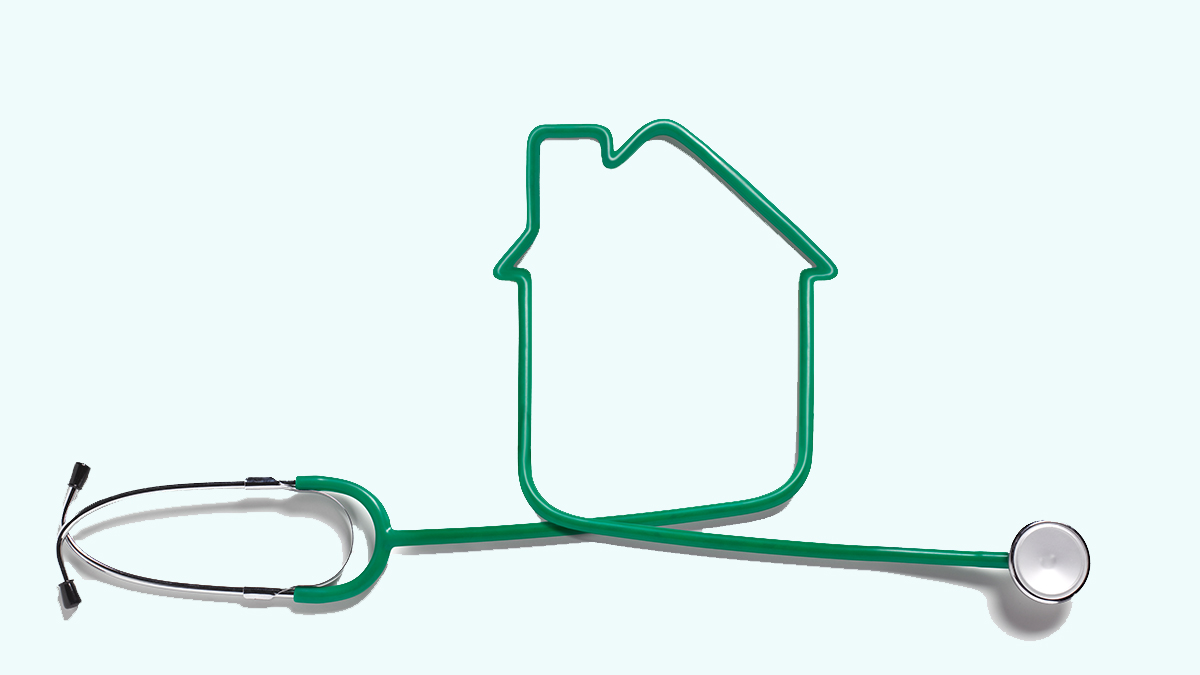
Managing home care services can be overwhelming for the family and the professional caregiver.
We all understand how important it is to provide quality care with compassion, but at times, managing home care can present unexpected challenges.
From juggling the demands of a busy schedule to tackling tricky situations and resisting burnout, this blog post will explain some of the most common obstacles encountered when coordinating home care services in Rockville, Maryland, along with tips that may help you navigate this crucial part of caring for your loved one’s health. Read on to find out more!
Understanding the different types of home care services available
As our loved ones age or become ill, providing them with the care and support they need can be a delicate balancing act.
Traditionally, the only option was to move them into a nursing home or assisted living facility. However, more and more families are opting for home care services to ensure their loved ones receive the personalized care they deserve while staying in the comfort of their homes.
But with so many types of home care services available, it can be overwhelming to determine which one best suits your family’s needs. In-home care, home health care, and hospice care are just a few examples of the services available.
Finding the right balance between in-home and external care services
As we age, performing daily activities that once came naturally can become increasingly challenging. In-home care services provide a solution for those who wish to age in place, but sometimes external care services are necessary for additional support.
Finding the right balance between in-home and external care services can be daunting. Understanding what care services are available and how they can cater to individual needs is essential.
With careful consideration, one can find a balance of care that meets their immediate needs and provides long-term support. At the end of the day, the goal is to achieve a level of comfort, safety, and independence so that seniors can continue to enjoy the life they love.
Ensuring proper communication with caregivers and families
Clear and consistent communication is essential to ensure that caregivers and families are well-informed about their loved one’s care.
While medical jargon and technical terms may be necessary among healthcare professionals, it’s important to remember that caregivers and families may not be familiar with these terms. It’s essential to use language that is easy to understand to avoid any misunderstandings.
Providing regular updates, listening to concerns, and addressing any issues promptly can help build trust and strengthen relationships with caregivers and families.
Minimizing stress by preparing for unexpected changes or emergencies
We all know that life can throw unexpected curveballs our way, often when we least expect them. These unforeseen circumstances can be incredibly stressful and overwhelming, whether it’s a sudden illness, a natural disaster, or an unexpected job loss.
The best way to minimize this stress is by preparing ahead of time. This means having a plan in place for emergencies, such as an evacuation plan in case of fires or preparing a “go bag” with essential supplies.
It also means being proactive in our approach to life, such as having a savings account for unexpected expenses and staying up-to-date on necessary skills and certifications to be prepared for changes in the job market.
Developing a clear plan for payment of home care services
When it comes to receiving home care services, developing a clear plan for payment can make a world of difference. After all, home care services can be expensive, and without a plan in place, it can be difficult to manage the costs. Fortunately, there are several ways to approach payment for home care services.
For example, you might consider leveraging Medicaid benefits, looking into private insurance options, or exploring financing options.
Of course, each approach has its own benefits and drawbacks, so it’s important to do your research and choose the option that works best for you and your family.
Staying organized by creating a daily routine for your loved one’s needs
As a caregiver, it can be overwhelming to keep track of all the tasks and needs of a loved one. Creating a daily routine can be a helpful tool to stay organized and ensure everything gets done in a timely manner.
Not only does a routine provide structure and stability for your loved one, but it can also alleviate some of the stress and anxiety of caregiving for you.
Remember, a routine can be personalized to fit your unique situation and needs, so don’t be afraid to experiment and make adjustments as necessary.


















